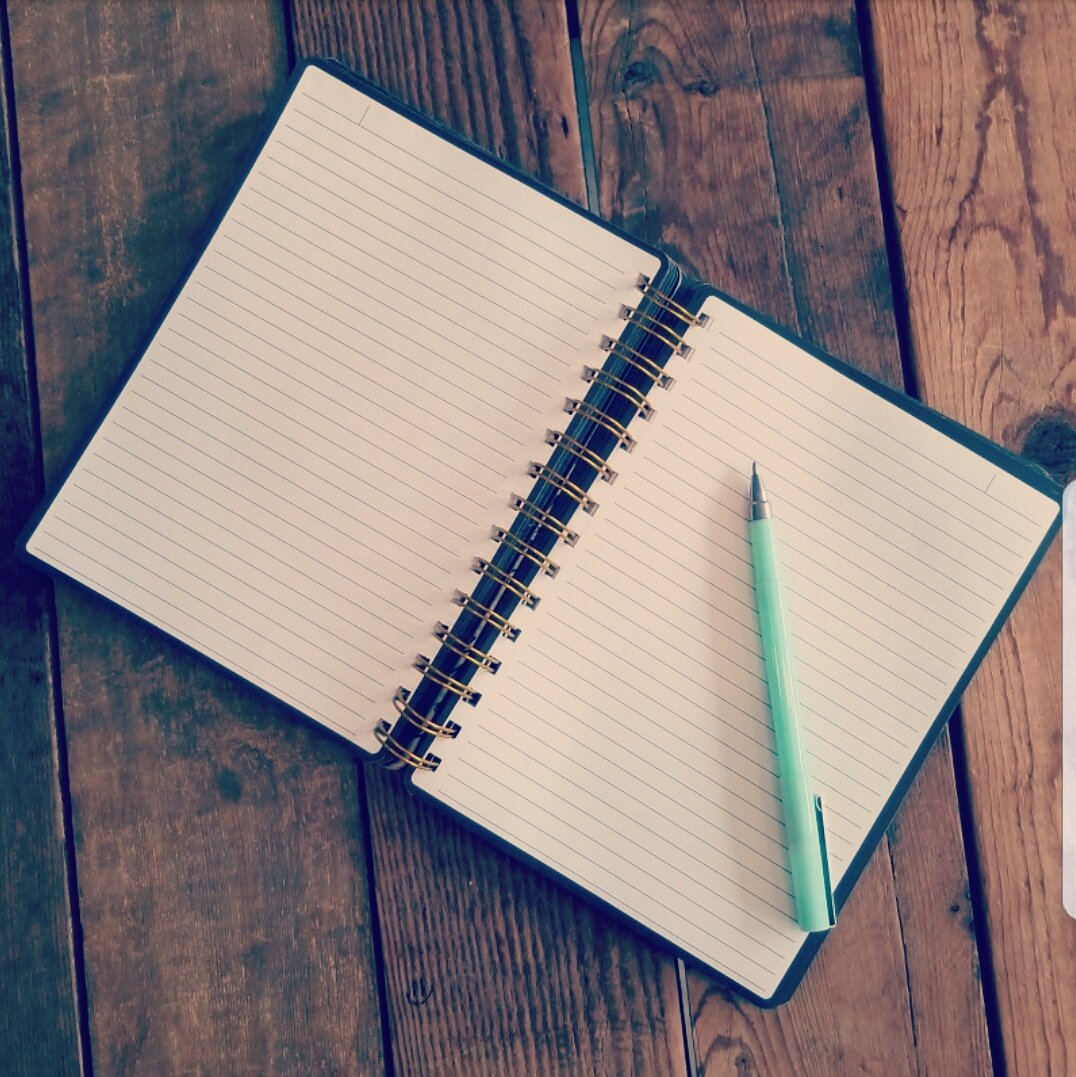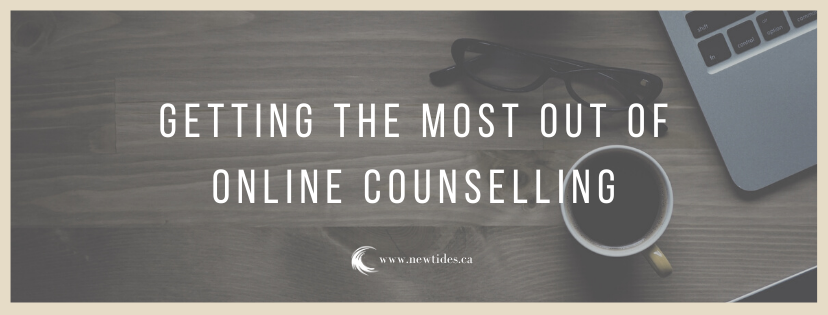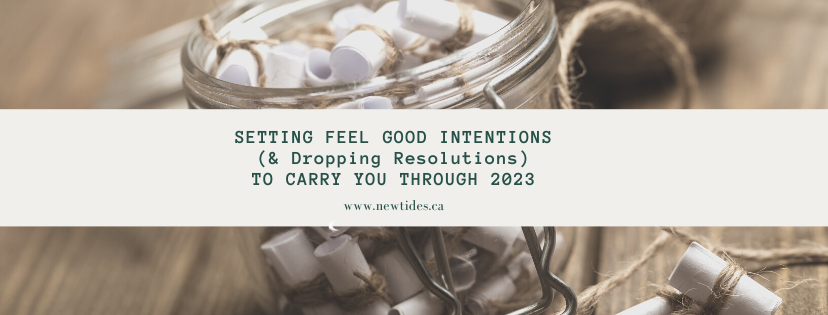
COUNSELLING AND THERAPY BLOG
How to Find a Counsellor in Vancouver: The Search for the Right Fit
Even as a mental health professional, the search for a new counsellor can be an extremely daunting one! Here are some questions, resources and food for thought as you are embarking on the next phase of growth in your life!
Even as a mental health professional, the search for a new counsellor can be an extremely daunting one! Here are some questions, resources and food for thought as you are embarking on the next phase of growth in your life, or beginning to look at yourself in a new way for the first time!
Before You Begin
Before you begin looking online for a counsellor, there are a few things you may want to consider that may impact your search!
Finances: How much are you willing to invest in your counselling process? If know you can only afford 5 sessions in the next 12 months, your counselling process will be different than if you are able to commit to counselling twice a month (or even once a month) for the next year or two.
Insurance: with finances in mind, do you have insurance coverage? Look at your coverage details to confirm what type of counsellor is covered and how much (ie. RCC, CCC, RSW, Psychologist - this will help narrow your search).
How deep do you want to go? Are you hoping to gain a few skills, really dig deep, or just see where counselling takes you? If you are hoping to work on childhood trauma, attachment/family of origin work, or complex trauma you will definitely want someone who is trauma informed and/or well versed in attachment theory and somatic (body based) counselling. This can be long-term and vulnerable work; finding the right person who you feel comfortable with can take take time, and the right fit is so important.
Note. Many counsellors focus either on short term counselling (tools/skills) or with deeper/long term work - it is helpful to ask about this to make sure you find a good match!
Personality Fit:
Finding someone you are comfortable with, who you feel a personal ‘click’ with is, in my mind one of the MOST important aspects of finding a counsellor. Be on the lookout for this during your search and in your initial intake calls - which counsellors did you genuinely enjoy reading about or talking to?
When you think about the people you are most comfortable sharing with or taking guidance, what are they like? Quiet and patient? People with a large presence who give you permission to be your full messy self? Warm, nuturing mother like figures? This can help you assess how you feel when you meet with counsellors for the first time.
Values and beliefs: Are there any important anchors in your life such as spirituality, animals, religion or do you absolutely love Brene Brown? Just as in any other relationship in life, sharing values or beliefs can be a wonderful anchor in the therapeutic relationship.
Your Schedule: When you are available can rule out many counsellors and therapists. Including your availability in your initial call or email can save a lot of time.
Where and How to Start Looking
A wonderful way to connect with a counsellor can be to ask around your network - particularly with friends who you know have been through similar life experiences, face similar challenges, or who you have personality traits in common with!
Here are some reputable websites that can help find a counsellor (in British Columbia, Canada), but if location is important to you, a Google or Google Maps search can be helpful as well - specificity will help if you already know what you’re looking for (Registered Clinical Counsellor for PTSD and somatic therapy) .
BCACC : The British Columbia Association of Clinical Counsellors is the primary licensing body for Master’s level counsellors in British Columbia and a wonderful place to start in your search for a Registered Clinical Counsellor
Counselling Match : Counselling Match is a wonderful place to start if you are not sure what type of therapy you are looking for, or if you would like to explore finding a counsellor based on personality. Their innovative matching system has both counsellors and clients fill out a personality profile and matches you to well suited counsellors who offer counselling for your specific challenges, or for in the modality you prefer. As a new company, Counselling Match is still growing, but as counsellor, I have found great fit in the clients I have worked with through this system.
Psychology Today: One of the most widely used search tools for counsellors, Psychology Today can be an effective, but overwhelming resource for finding a counsellor/therapist. It can be a great resource for finding counsellors of a specific modality (ie. DBT, EMDR, Emotion Focused Therapy), or for a specific population or age group, though it does not include all modalities or specialties. This is for those of you who wants to research as many options as possible.
Counselling BC: Another rather straightforward search directory for counsellors in BC that also includes Psychologists and more specialized therapists (registered art therapy, music therapists etc.).
Questions to Ask Your Potential Counsellor
Many counsellors will offer a free 15 minute call or video call before booking your first session - call at least a few counsellors if you can! Pick and choose what questions feel most relevant for you.
How do you view the change process in therapy?
This will help you get a sense of what their theory of change is and what therapy will focus on (i.e. cognitive work, mindfulness, compassion-focused, understanding your childhood etc.)
On a related note - what part(s) of the clients experience do you focus most on? The Body? Attachment history? Negative Beliefs?
Do you have specific training and experience working with (issue you’re wanting to work on)
This may be surprising to know, but not all counsellors are trained equally, and many counsellors must seek extra training in working with issues such as trauma, disordered eating, addictions and more.
What do sessions actually look like?
Are we processing emotion? Building compassion? Learning skills? Exploring body awareness in the present moment? Telling stories about trauma? This will give you as sense of their work, the speed they move and the general therapeutic process. While this may seem abstract at first, if you speak with a few counsellors or therapists, chances are you will begin to hear certain things that “click” for you personally more than others.
Between sessions
Are you expected to do “homework” or readings? How do sessions flow from one week (or month) to the next?
How do you handle “rupture and repair”?
Such an important (and potentially awkward!) topic! If you’re looking to do long term work with a counsellor, chances are you will feel stuck, angry or feel hurt by your counsellor! These “ruptures” in the therapeutic relationship are not only a normal part of the therapeutic process, but a great opportunity for exploration, change and growth, as often this shows up in other parts of our lives as well, and having a counsellor who is comfortable and skilled with the “repair” and growth process when difficult moments come up in counselling is essential.
What if It’s Not a Fit After All?
I try to remember to encourage every client to let me know what is and isn’t working, and if at any point another therapist might seem like a better option. This is for several reasons!
1. Therapists are humans too! We may be paid for our time, but we do care, and when a client drops off of our radar suddenly we do worry about you.
2. Navigating what is working and not working can be an important part of the process - in part learning what works as a team, as well as navigating potential challenges that com up for you personally around asking and expressing what you need, which isn’t always as simple as it sounds.
Just because you found someone who is not a great fit, or, an unfortunate experience in counselling does not mean that finding a good counsellor for you is hopeless. Of course it can be incredibly hurtful and exhausting to open up and be disappointed, but hopefully this does not mean missing out on the magic that occurs when you do find a counsellor you click with. Often this takes time and trial and error; several counsellors in our network have actually seen several different counsellors for different pieces of “work” over the years - keep in mind that your needs and preferences as a client can expand and grow over time!
Be patient with yourself in your search and give yourself permission to go slowly, especially in initial sessions or with counsellors you aren’t quite sure of yet. Even in a counselling relationship that is supposed to be a “safe space”, trust takes time to be build and for most of us must be earned.
Best of luck in your search, and please comment below if you have any questions or suggestions! A new post will come soon regarding different therapeutic modalities and lenses, which can be a confusing part of the search for a counsellor!
Warmly,
Morgan
Getting the Most Out of Online Counselling
Making the transition to online counselling can be tricky! Here are some tricks and tips to make video counselling work for you as you get into the swing of things.
With so many counsellors making the switch to online or video counselling recently, this switch can be jarring for clients (and for counsellors too!). Here are some quick tips to think about to make the most out of your sessions with your counsellor, especially if you initially wanted to stick to in person sessions but the wait became longer than expected!
Before Your Session
Setting Up Your Space
If you can, choose a space where you feel most comfortable in your home. If you have a calm pet nearby you can have them in the room as well!
Make sure you have what you need: Kleenex, a pad of paper and pen, headphones, your charging cord, any items that you find soothing (soft fabric, stress ball or smooth stones, essential oils etc.)
Focus: Focus can be tricky when you’re in your own space. Leave your phone off to the side, close all your other windows, turn off your e-mail/Facebook notifications and if ask to be disturbed as little as possible if you’re sharing space with others.
Internet: The higher quality the better! To improve your internet quality, you can restart your router before the session and turn off your phone or other devices connected to the internet while setting up as close to your router as possible, or plugging in with an ethernet cable. In my opinion this is the biggest determinant of online counselling working well for so many reasons!
Privacy and Confidentiality
If possible, find a private space in your home
if your space is less than soundproof, music, other sounds or fans in common areas can help maintain a sense of privacy
Transitioning In and Out of Sessions:
It can be so difficult to transition between so many different activities in a singular space!
My favourite way to start a session: either right before or at the beginning of your session, take a few moments to sit quietly, perhaps with your eyes closed, focusing on your breath or checking in on your internal world to see what’s happening in your body, emotions, thoughts etc.
Transitioning out of a session: set aside at least 15 minutes after a session to transition back into the rest of your day. This could look like journalling, taking a walk, a short yoga class, listening to music or having creative time etc.
Body Awareness & Movements
If your counsellor incorporates somatic work / body awareness into your counselling sessions, you may have to give your counsellor a bit of help communicating what’s happening in your body outside of the screen.
For example, you might notice that as you’re talking about your anxiety, or the day you had, that your foot starts to tap quickly. You might find it helpful to notice and mention this in passing to your counsellor as you’re continuing to chat.
Similarly, if your internet connection is on the slower side, you may have to make it more clear whats happening in your face and upper body as well! For example you might let your counsellor know when your breath starts to slow, or when you feel your face light up or when you feel yourself slowing down or getting ‘heavier’.
Becoming more aware and communicating what’s happening in your body is all great practice for you as well!
Getting Creative
If you’re having hard time making hour long online connections work, you may be able to explore other options with your counsellor. This may look like a ‘walk and talk’ session on the phone, a shorter 30 minute session to touch base and talk about coping, or even a video session in the car!









